International Heritage Centre blog
#WomensHistoryMonth2020: A Collaborative Approach
#WomensHistoryMonth2020: A Collaborative Approach
Each year Women’s History Month inspires a host of events from exhibitions and talks, to defiant marches and historic walks. Taking place in March, this tribute provides a dedicated opportunity for specific focus on the historic struggles and achievements of women. Whilst it is important to approach history with an inclusive stance at all times, and not use occasions such as these for tokenistic celebration; having such focus points also serves as a potent reminder that equality of the sexes is an ongoing ambition that we continue to collectively work towards. As heritage professionals, we can do this through actively exploring our collections deeply and thoroughly, with awareness, to uncover and learn from, the lived experiences of all.

In September 2019, I came together with my colleague, Winette Field of William Booth College Library, to begin plans for our 2020 Women’s History Month celebration.
Born from a shared passion to promote the wonderful collections held by the Library and the Heritage Centre, we decided to curate an informal exhibition, highlighting the achievements of a few key individuals, drawn directly from the collections we care for. The Salvation Army has an unusual and rich history when it comes to the rights and roles of women, which coincidentally was one of the driving factors that attracted me to work with this organisation’s historic collections.
While we recognise the achievements of the well-known trailblazers such as Catherine Booth (co-founder of The Salvation Army) and Evangeline Booth (first female General), with this exhibition we specifically wanted to discover and share the achievements of women who have thus far escaped the limelight.
Collections management professionals are not only responsible for caring for and preserving collections, but also sharing and publicising the collections, for the benefit of cultural knowledge and understanding. Women’s History Month is an international, intercultural and interdisciplinary celebration that draws academics, organisations and individual people together in a common aim. Engaging in and actively contributing to this celebration connects us to other repositories, institutions and individuals across the world. Not only does this aid the effort to raise awareness of the important issue, it also helps us to pool our knowledge, make historical connections, and collectively develop our understanding of the past. It was in this spirit, that Winette and I sourced our creativity, research skills and specialist knowledge of The Salvation Army’s history to create ‘Women of The Army’.
We drew from history books, biographies, oral history interviews, online articles, and periodicals (to name but a few) to source the diversity of information for our exhibition. Through sharing knowledge, skills and resources in this way we were able to discover individuals and histories that were previously unknown to The Salvation Army. For example, through in-depth research into the life of a woman we previously believed to be the first female Bandmaster, appointed in 1982, we discovered two other women who had already held this position – including one from 1939 - almost 50 years earlier than we had previously thought! This discovery illustrates the fallacy that the work of heritage professionals is a thing of the past in itself! Contrary to popular belief, archival work is a constant and continuing process. Aside from the sheer volume of material held in archives (which would be impossible for any individual to memorise), many archives have huge cataloguing backlogs due to the extensive amount of time that it takes to properly accession and catalogue historic collections. Moreover, most archives also have active collecting policies, thus the backlog is consistently added to! Hence while we are experts in our field, we too are always learning and discovering new things in our own collections.
Through the research process we selected twelve women, some of whom have been firsts in their field, and some whose attitudes and deeds, we feel, deserve recognition and commendation, for their service and support for The Salvation Army. In order to make our findings easily accessible for all, we decided upon a simple portrait based exhibition with accompanying text that would be installed in the publicly accessible hub space in William Booth College. And, for our online visitors to discover the achievements of these wonderful women; why reader, keep reading…
Mrs Colonel Mary Ann Ridsdel, The First Woman to Superintend a Christian Mission District
Annie Ridsdel, as she was known by friends and family, was the first female ‘Officer’ to ever be appointed to service by William Booth. In 1875 she was appointed to superintend the district of Barking when The Salvation Army was in its infancy and still operating under the guise of the Christian Mission.
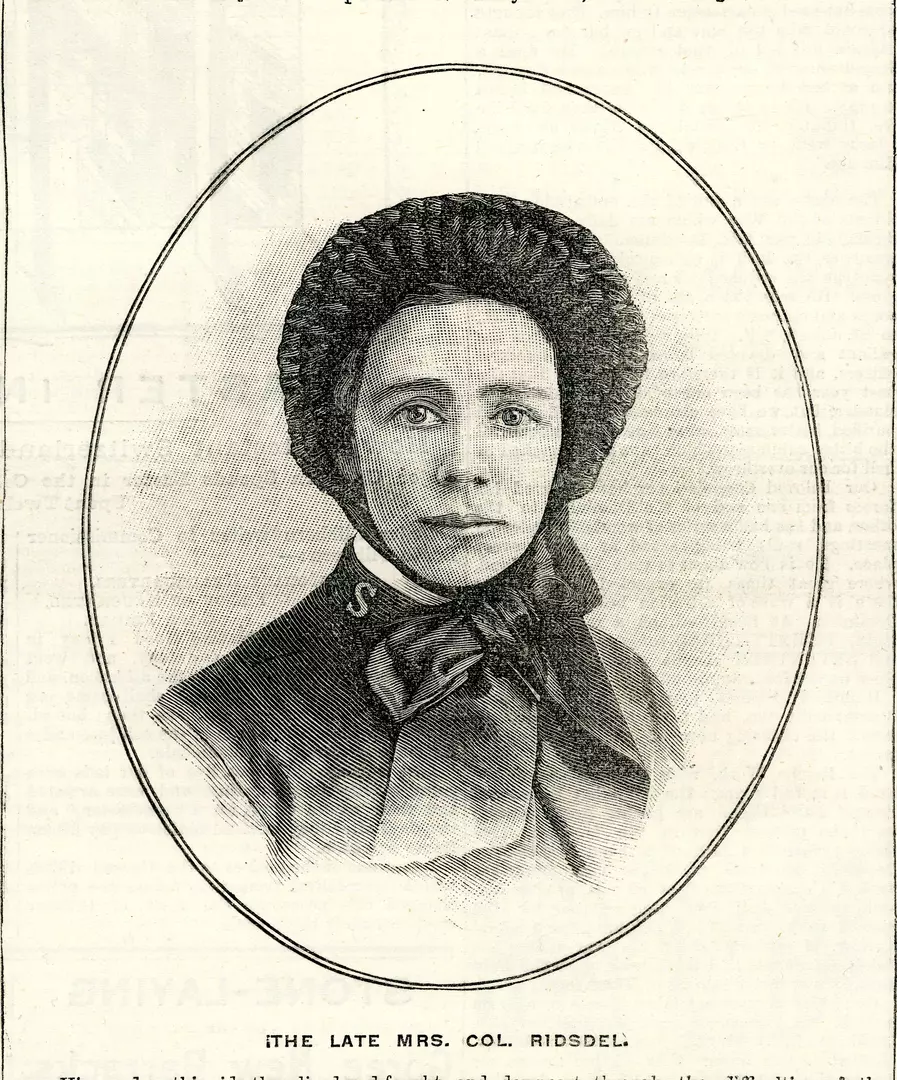
Elizabeth Cotterill, The Salvationist Who Initiated Refuge for ‘Fallen Women’
Concerned by the plight of ‘fallen women’ in the east end of London, Elizabeth Cotterill initiated a one woman operation to provide shelter for women in need, in her own home. Swamped by demand, The Salvation Army took over this work from Elizabeth, which then became the primary focus of their Women’s Social Work for many years.
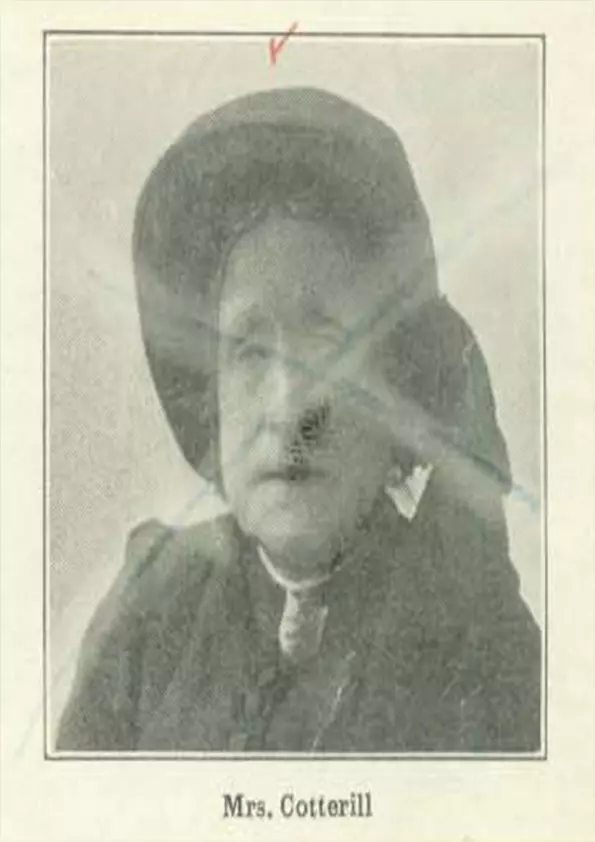
Mrs Major Caroline Reynolds, First Female Divisional Commander
Caroline Reynolds joined The Salvation Army in its infancy when it was still known as the Christian Mission. In 1880 she was appointed to Belfast to open work there, making her The Salvation Army's first female Divisional Officer to be appointed.
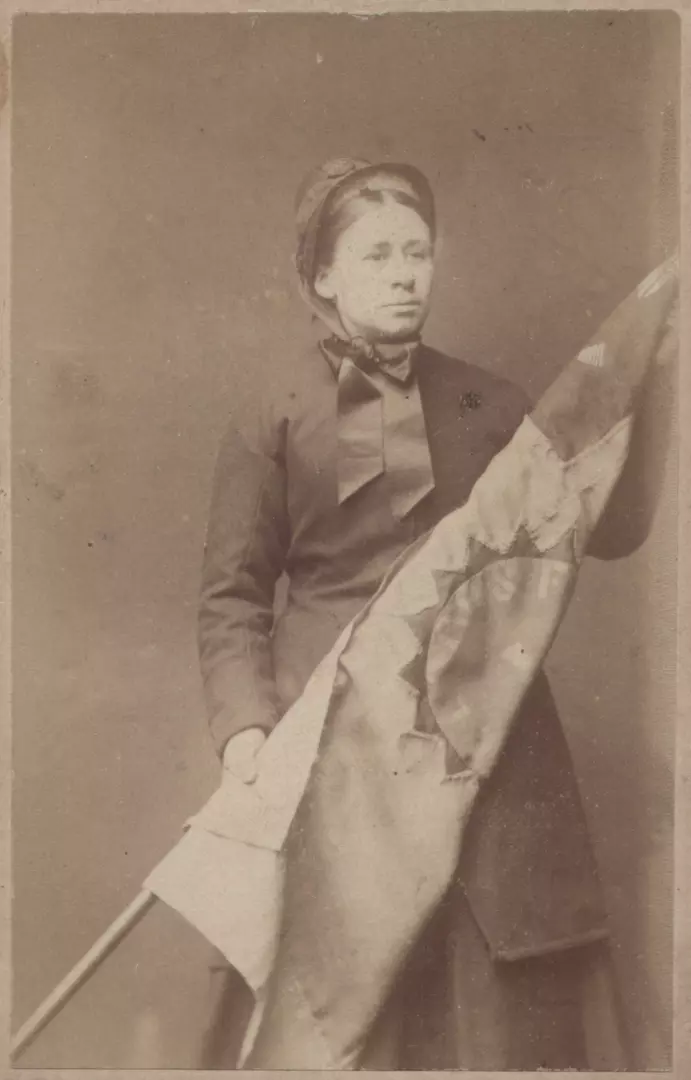
Captain Mrs Caroline Frost [née Knight], The First ‘Officer Midwife’
Caroline Frost was a trained midwife who, whilst carrying out maternity work in Guernsey, was headhunted by Florence Booth to lead the Salvation Army’s maternity work in the east end of London. In taking up the post she became The Salvation Army's first medically trained midwife.
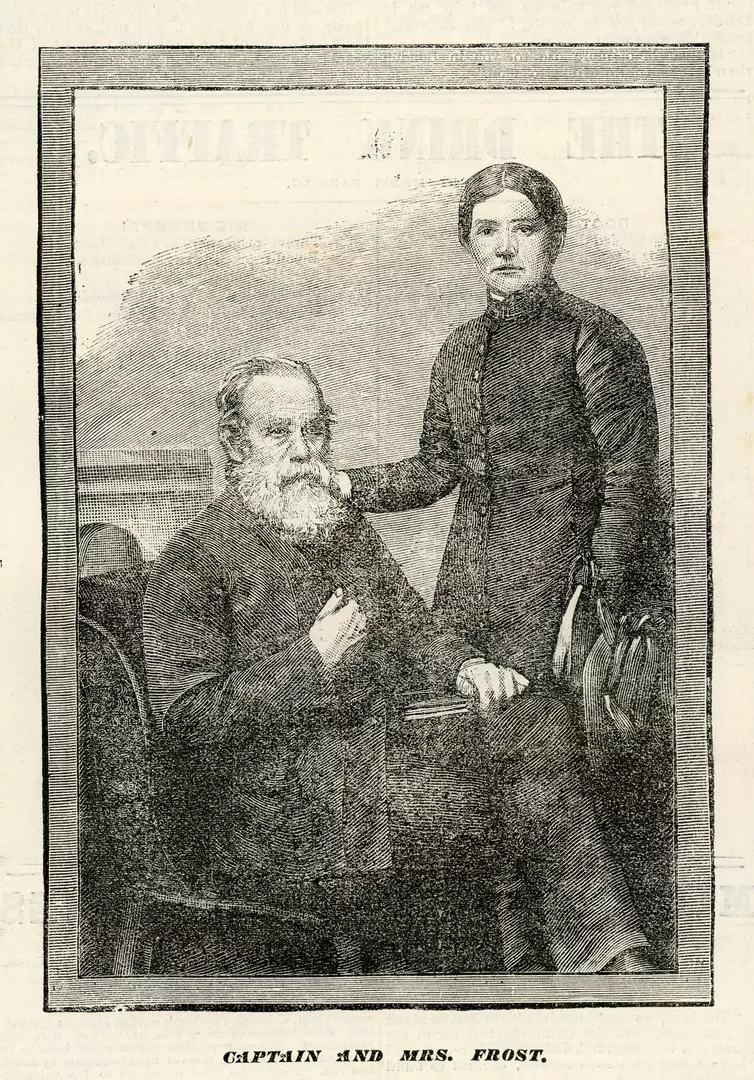
Staff-Captain Polly Margetts [née Ashton], First Female Divisional Commander in England
On 24 February 1890, Polly Ashton was appointed Divisional Commander of the Hertfordshire and Bedfordshire Command. Polly was the first of her sex to hold this rank within The Salvation Army in England.
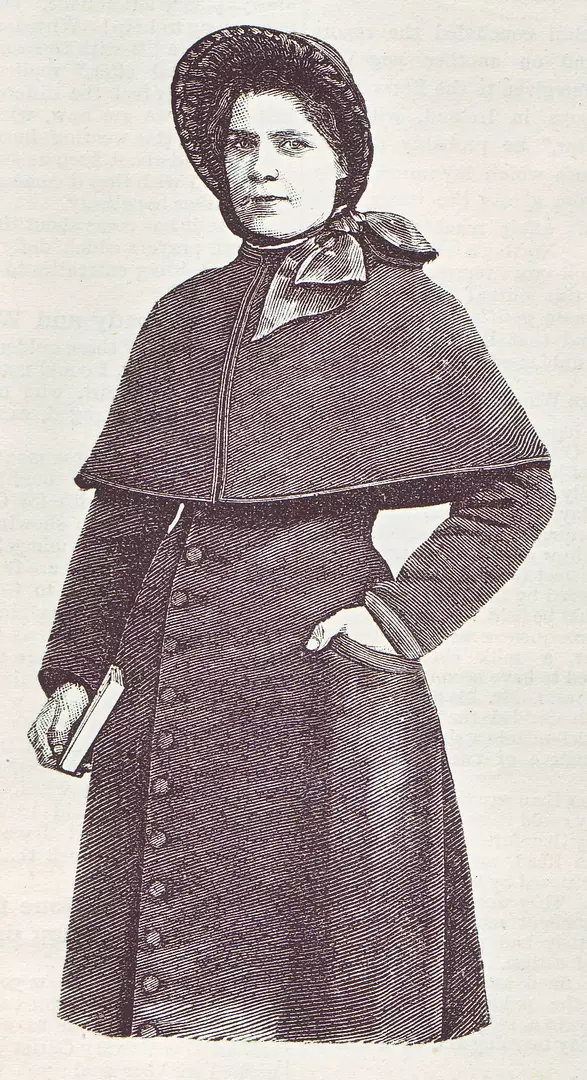
Brigadier Hedvig Von Tavel-Haartman, The Salvation Army’s Pioneer Officer in Finland
In 1889, Hedvig von Tavel-Haartman left Finland to train at The Salvation Army’s International Training College in London. After six months training, she returned to Finland and single-handedly pioneered The Salvation Army’s work there.
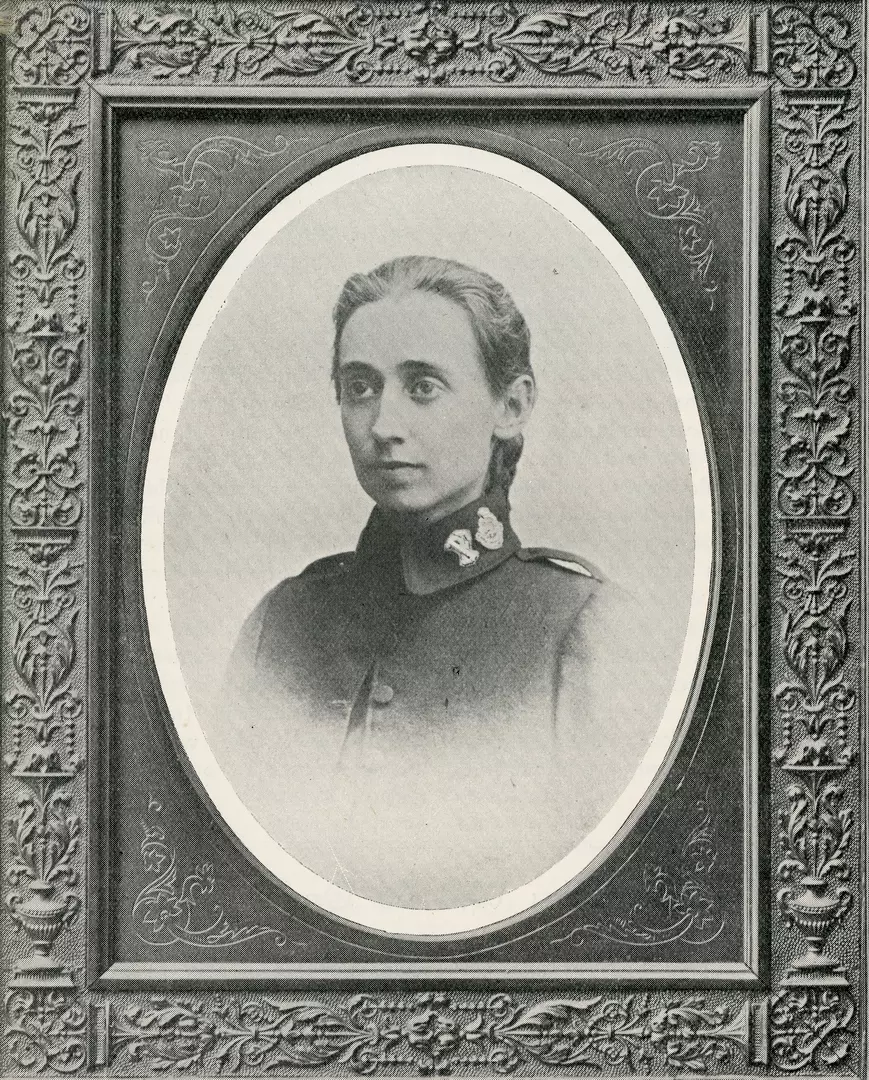
Maisie Ringham Wiggins, The First UK Female Bandmaster
In 1962 Maisie Ringham Wiggins was commissioned as Bandmaster at Cannock corps, making her the first female Bandmaster to be appointed in the UK. Maisie also founded the London Ladies Brass Band for which she was also Bandmaster for a time.

Major Dorothy Graham, Corps Officer & Aberfan Support Worker
Dorothy Graham worked as a Corps Officer in Wales at the time of the Aberfan disaster in 1966. Despite not being an emergency responder, upon hearing of the disaster she was one of the first Salvation Army officers to arrive at the scene to provide whatever aid she could.
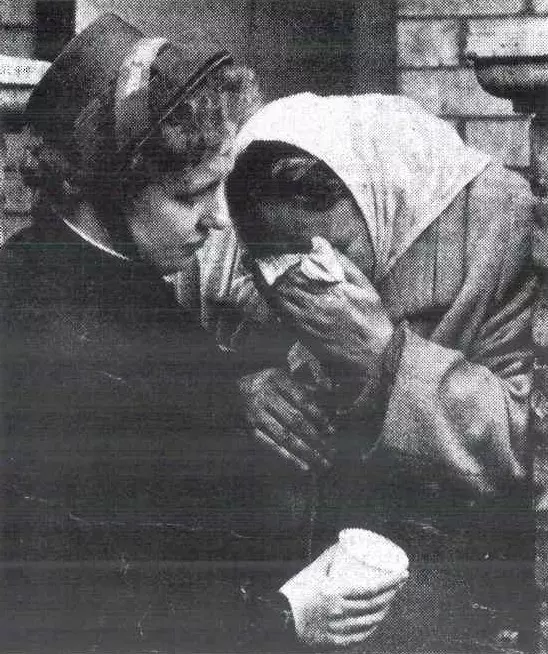
Vanda Spence, The First Woman Admitted to the International Staff Band
On 14 November 1990 Vanda Spence became the first woman to be admitted to The Salvation Army’s International Staff Band.
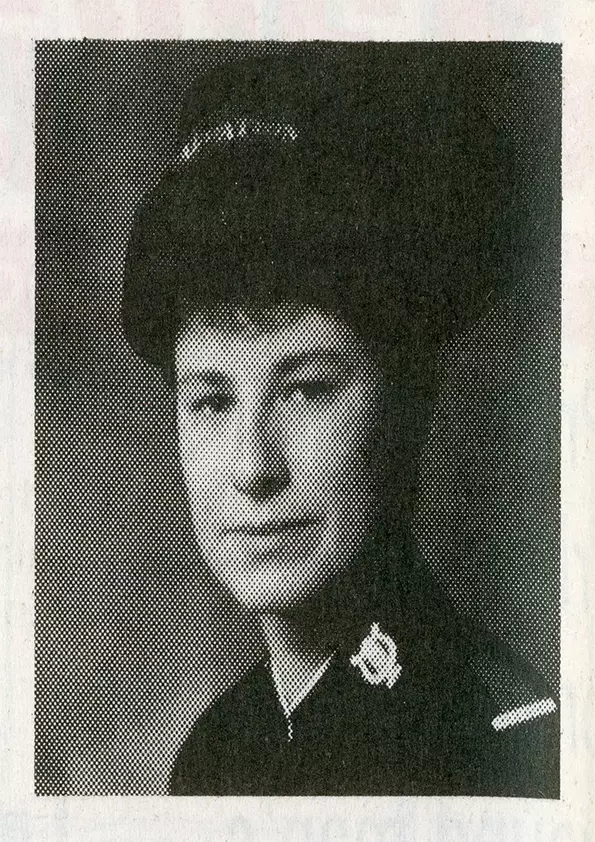
Major Christine Faragher, Gender Equity Researcher
Faragher was one of the first Australian officers to be given a separate appointment to her husband as she moved to the editorial department of the Southern Territory. In 2019 she was appointed full-time researcher into gender equity – the first appointment to be made in this field.
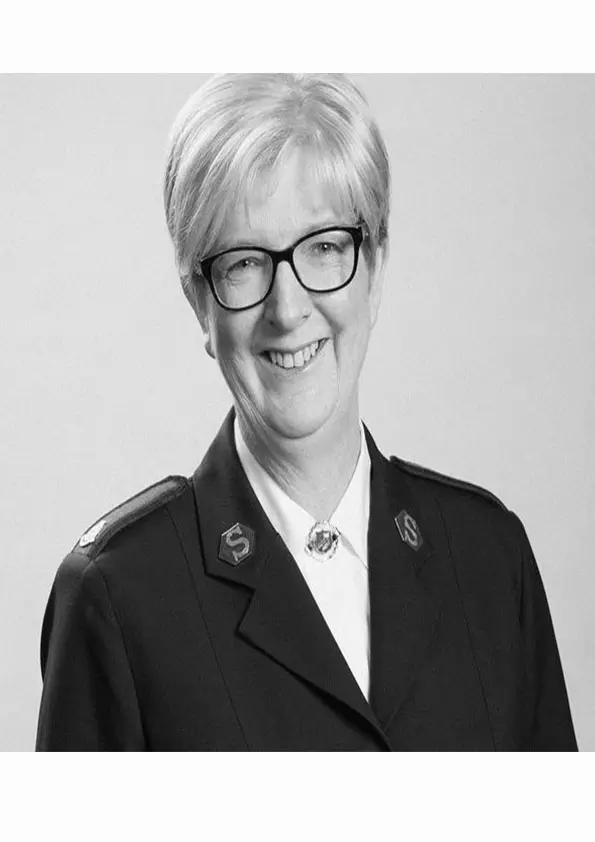
Captain Olivia Munn-Shirsath, Author and Leader for Young Adult Empowerment
Cofounder of The Glory Shop (Manhattan), a school for artists aged 18-35, Munn-Shirsath seeks to disciple those in both urban and creative art contexts. This work synergises an idea formed earlier in life and the call of Territorial Commander Swanson for “deeper discipleship, skilled leadership, integrated mission, and young adult empowerment.”
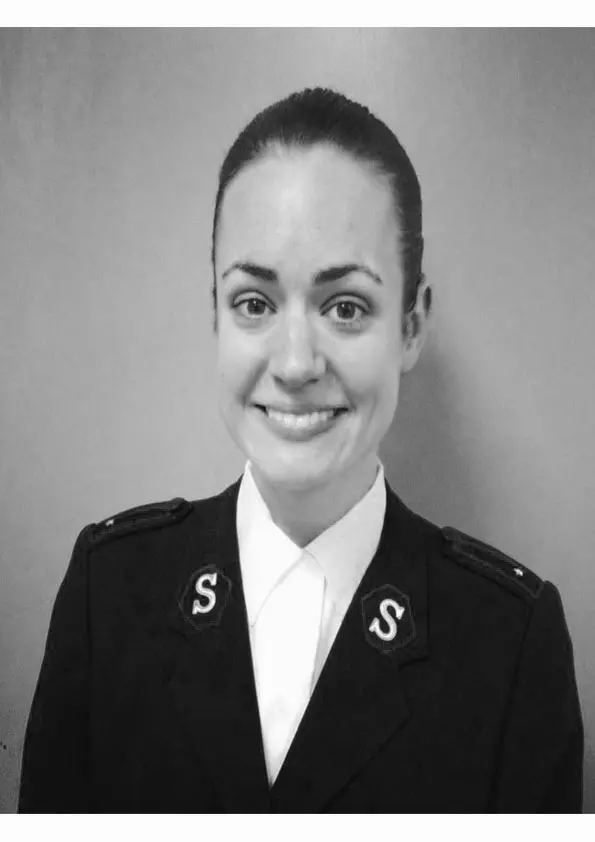
Lt-Colonel Judith Payne, The First Female Principal of William Booth College
On 02/02/2020, Lt-Colonel Judith Payne was publicly welcomed to William Booth College to take up her appointment as Principal. Whilst women have held various positions of authority at the college before, Judith is the first woman to be appointed to the leading role of Principal.
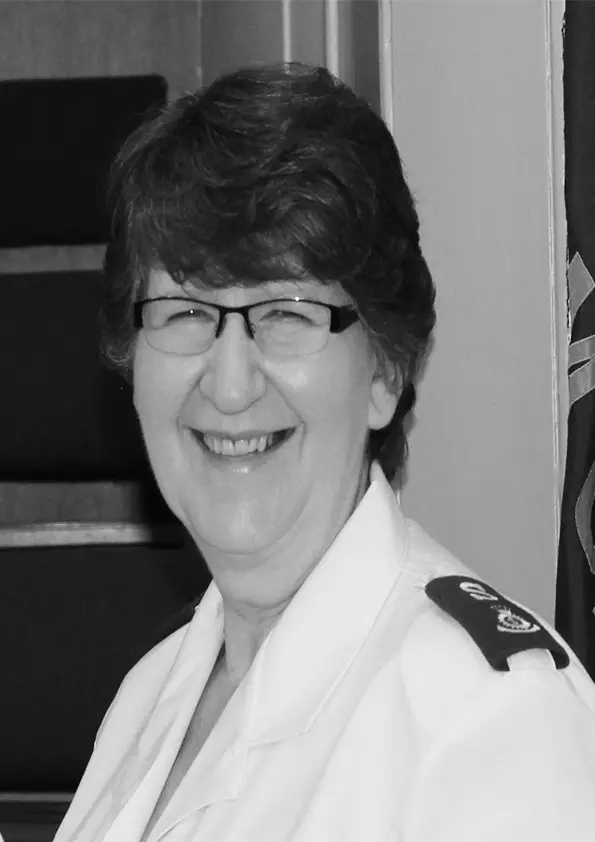
Chloe
March 2020
Read other blogs from the Heritage Centre
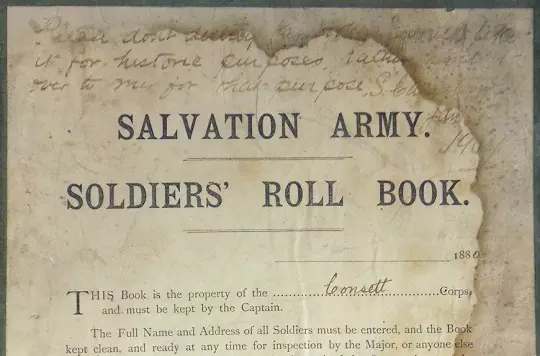
Two hundred boxes
The International Heritage Centre has over two hundred boxes containing material from British corps...
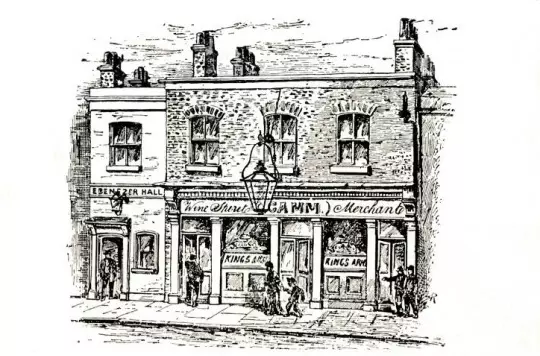
Profitable Reading? Fiction in Nineteenth-Century Salvation Army Periodicals
From its beginnings as the Christian Mission, The Salvation Army was (and still is) a prolific publisher...
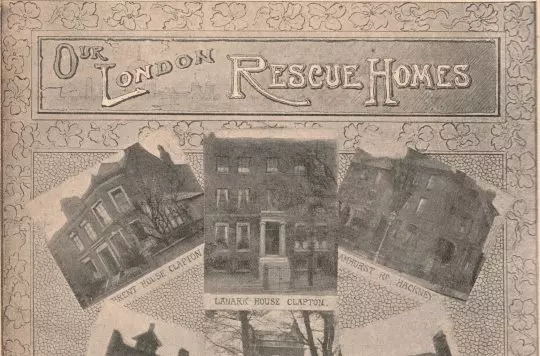
A closer look at The Salvation Army's London Rescue Homes
The Girls’ Statement Book VII is one of more than 120 volumes containing details of women and girls who passed through Salvation Army rescue homes...
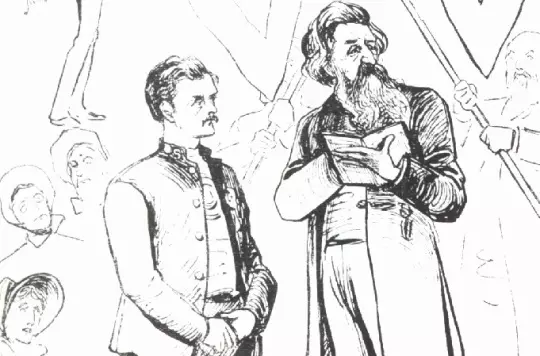
‘Inside affairs’: cataloguing the Henry Edmonds papers
Henry Edmonds first encountered The Salvation Army’s predecessor, the Christian Mission, as a teenager in Portsmouth...